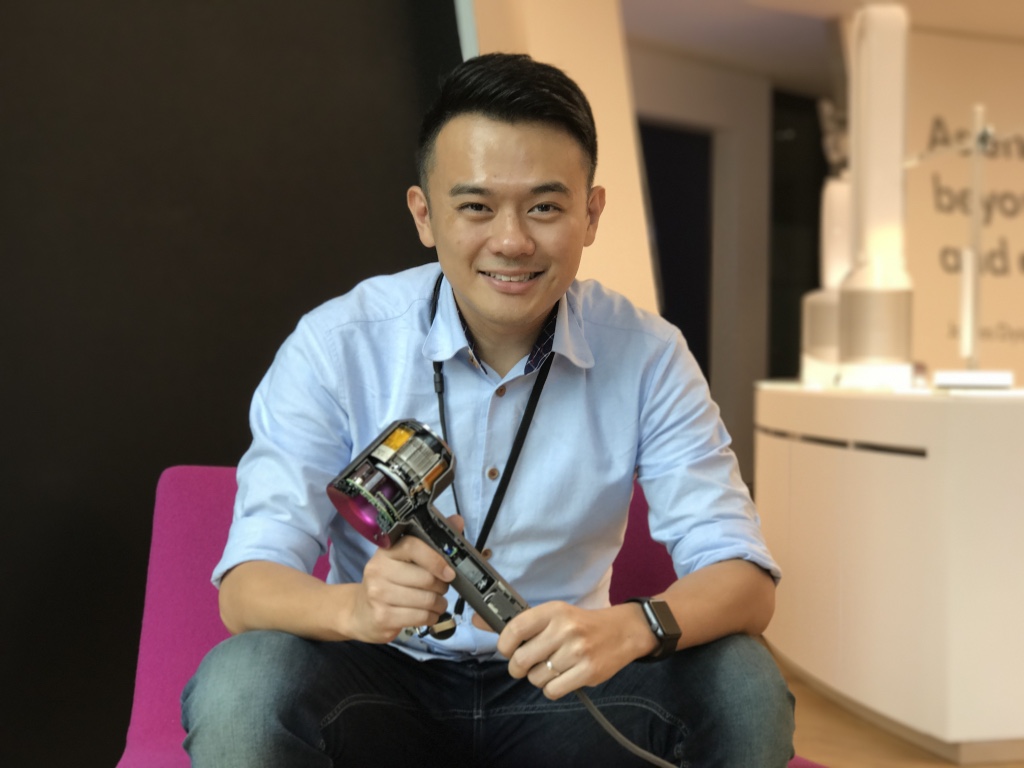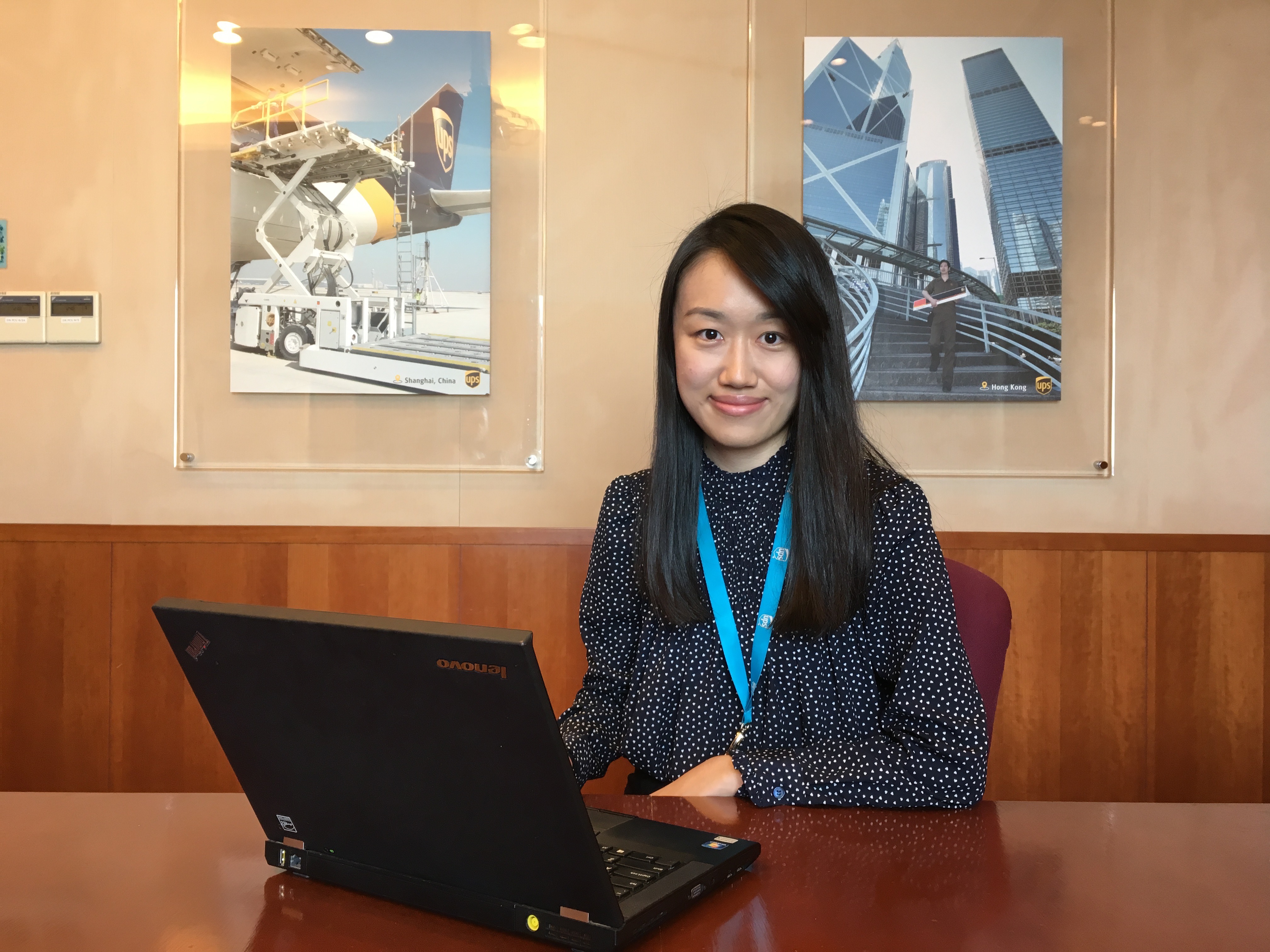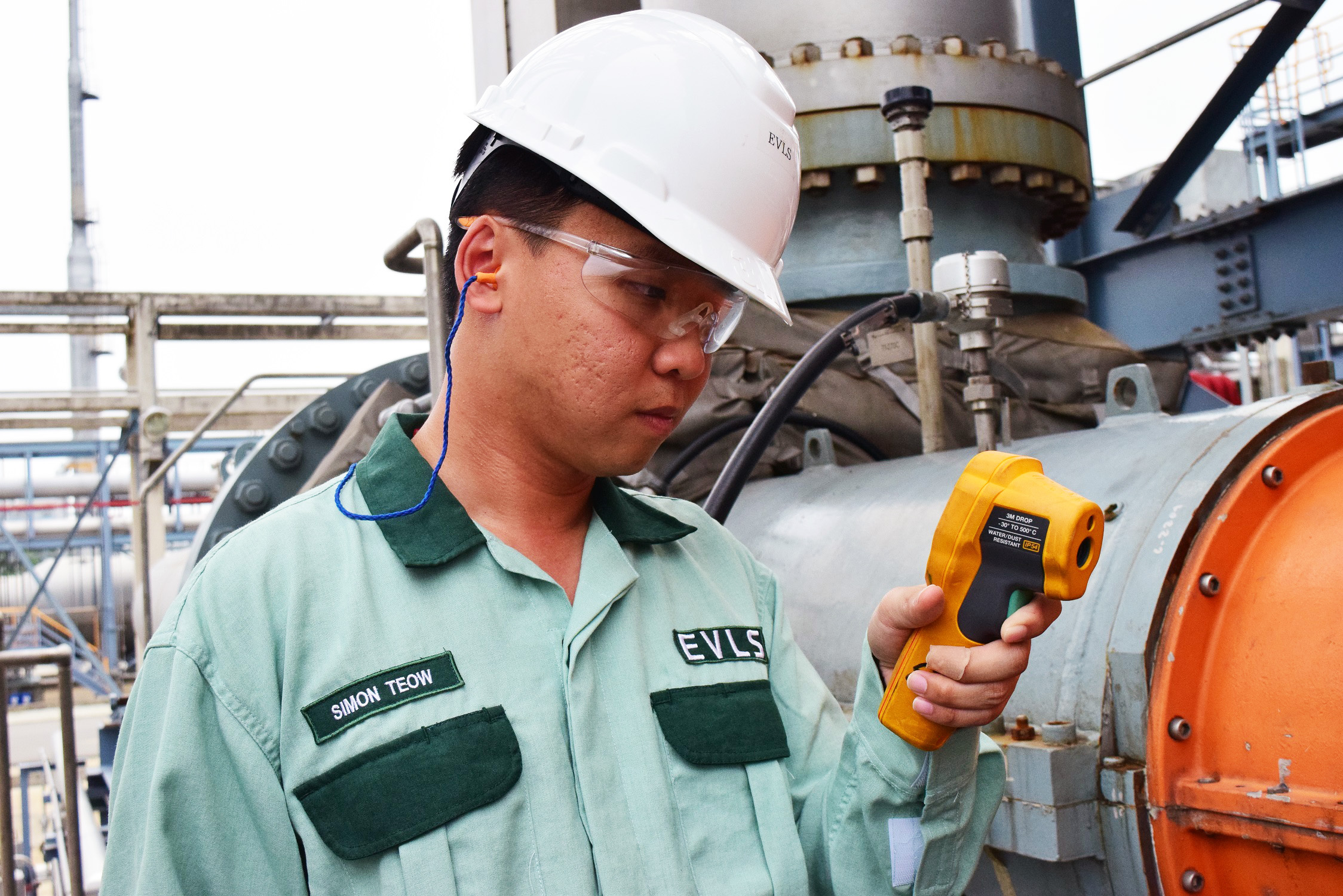For those used to the vibrancy of working in SMEs or startups (ahem, like Mothership), it might be difficult to imagine why young, impressionable minds would want to join big, bulky corporations only to be held down by red tape, hierarchy and top-down management.
And because we can’t possibly imagine why, we got four young professionals in MNCs to explain their choice of occupation.

Industry: Technology and engineering
Who: Steven Ong, from Dyson Singapore
Age: 31
Job: Team lead, Design Engineer
Joined in: 2011
Ignore the cheem title, this is exactly what he does:
Oversee work done on half (the design part) of the product, team up with the global network of engineers to provide design direction to his team, present project progress to chief engineer, James Dyson -- who’s also the founder, in case you are wondering.
What’s the working style like?
Here at the Singapore Technology Centre, engineers of both hardware and software disciplines are working together to create a new generation of smart machines, so the culture is highly collaborative. Requires a lot of proactivity (very un-singaporean).
“A lot of seniors and management are willing to guide you.
But if you have something even better, you are given the freedom to prove that your ideas really work. The top management and seniors will have no reservations about accepting your ideas [if they work].”
“Even as a fresh grad with minimal experience, the freedom -- I would still call it freedom, to really own the design from start to finish, from scratch to final production, yeah, you are entrusted with that.”
Favourite thing about being in a MNC?
Seeing friends and family use products he helped design, such as the Dyson Pure Cool Link fan and of course, the Dyson Supersonic hair dryer that even Korean goddess Song Hye Gyo wields.

The fresh outta bed hair? It’s not by chance.
“My wife bought [the Dyson Supersonic hair dryer] for her relative. She was really elated and straight away [...] posted a long post about how it was something that she wanted for quite some time. You know that you are doing things that are very well received. The sense of satisfaction and achievement is really very fulfilling in this sense.”
Why you join MNC leh?
“I decided to join Dyson because I could be heavily involved in product design [...] it’s more of what I want, why I chose engineering and product design course (in university) in the first place.
In a MNC, most of these departments are well set up, so you have the correct people and resources in the different areas.”

Industry: Logistics and supply chain management
Who: Sheryl Woo, from UPS Asia Group
Age: 25
Job: Revenue Management Processes and Policies Analyst
Joined in: 2015
Ignore the cheem and long title, this is exactly what she does:
Review and make recommendations to senior management to streamline internal processes and implement policies that improve profitability. Also review and approve the effectiveness of proposed discounts to customers -- essentially, help UPS become more profitable!
When fresh grads join MNCs, they’re just small fry, right?
Not if you prove you have the ability, and Sheryl had the responsibility of conducting a training session for UPS supervisors from Japan, Korea, Thailand and other Asian countries in 2016.
Small fry? Pui.
“I joined UPS in the midst of a company-wide marketing transformation programme and was tasked to develop new pricing processes and workflow, as well as train supervisors from all over APAC to ensure a smooth transition during that period. Even though I was only 6 months into my job at that time, it was a great opportunity to challenge myself.”
“I feel like I’ve gained more confidence (professionally)”.
Why you join MNC leh?
“I felt that I could learn more from an MNC that is able to provide me with global exposure and valuable insights on managing global operations. That is why I came to UPS.”

Industry: Chemicals
Who: Simon Teow, from Prime Evolue Singapore, Mitsui Chemicals Group
Age: 31
Job: Senior Engineer, Mechanical
Joined in: 2014
Ignore the cheem title, this is exactly what he does:
Daily maintenance of equipment, checking for reliability and troubleshooting. Also, because Simon’s been here even before the plant was operational, it’s kinda like his baby -- he knows the plant inside out.
“Whatever plant issue there is, I’ve come across it.” See, he say one.
So, Japanese company means very strict hierarchy, right?
Not true.
“In the (plant) office there are many departments sitting together, so communication is just (done) across the tables. We communicate like friends. For supervisors, there is no barrier in between, because we sit close to each other and practice open communication.”
Sure anot. How come?
“I realised that most of the companies and affiliates of Mitsui Chemicals Group in Singapore practice localised management, with many local managers overseeing many tasks.”
A good thing about working in a Japanese MNC?
“A lot of the Japanese expatriates have worked in the company since the start of their careers. The knowledge accumulated through years of experience is also shared quite well. So when they handed over the skills and knowledge to us during and after the plant set-up, it’s basically a complete set.”

Industry: Media and advertising
Who: Jolene Tan, from Dentsu Aegis Network Asia Pacific
Age: 23
Job: Regional Marketing and Communications Executive
Joined in: 2015
Ignore the title that doesn’t explain anything, this is exactly what she does:
Making sure that there is a two-way communication going on with employees and leaders.
She also organises internal and regional external events, like the launch of Dentsu Aegis Network’s first Global Data Innovation Centre last year and the network’s annual headline party at Spikes Asia, Asia’s equivalent of the Cannes Lions Festival.
Sounds like a big deal.
These global corporations are so huge that you never get to meet the higher management, right?
Her work puts her in contact with the CEO of Dentsu Aegis Network Asia Pacific. And having assimilated into the un-hierarchical company culture, ahem, she doesn’t get nervous being around the senior leadership team.
“First time I was but as you get the hang of it, as you meet him more on a work basis [...] he’s really nice and (my colleagues and I) don’t really get nervous anymore.”
So why did you want to join a MNC?
“I think the biggest pull is the credibility that it has already established for itself. MNCs have a strong reputation and provide a good learning ground - and Dentsu Aegis Network in particular has plenty of opportunities to grow.”
Hmm… sounds nice. We also can’t wait for Mothership to become an MNC.
This sponsored post is the ninth in a series about #SGMNCs and their contributions to our little red dot, and fuels Mothership.sg so we can ourselves dream of becoming one someday.
If you like what you read, follow us on Facebook and Twitter to get the latest updates.
If you like what you read, follow us on Facebook, Instagram, Twitter and Telegram to get the latest updates.
